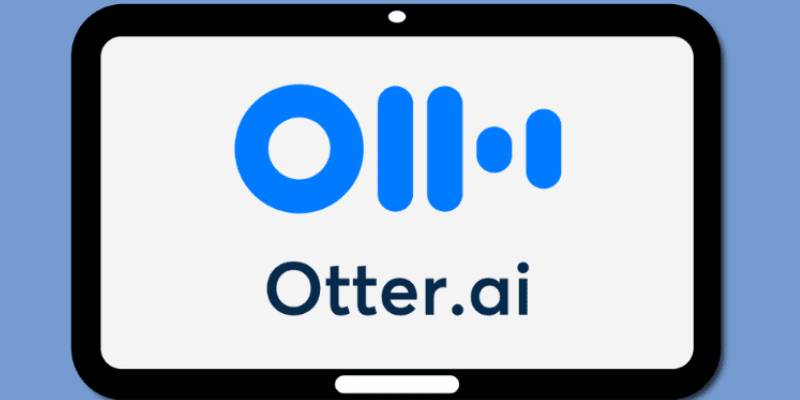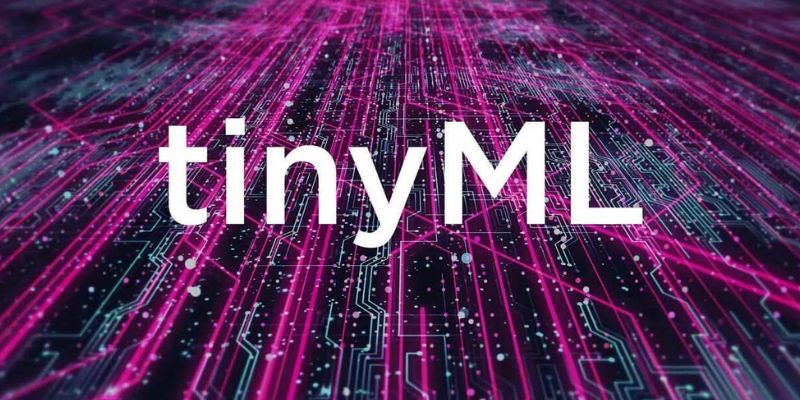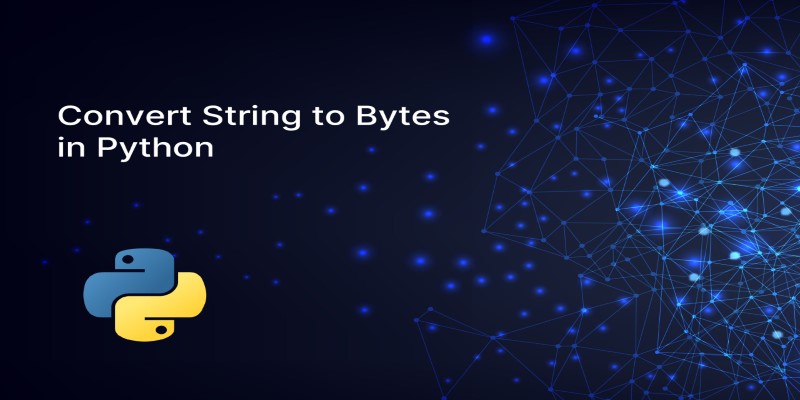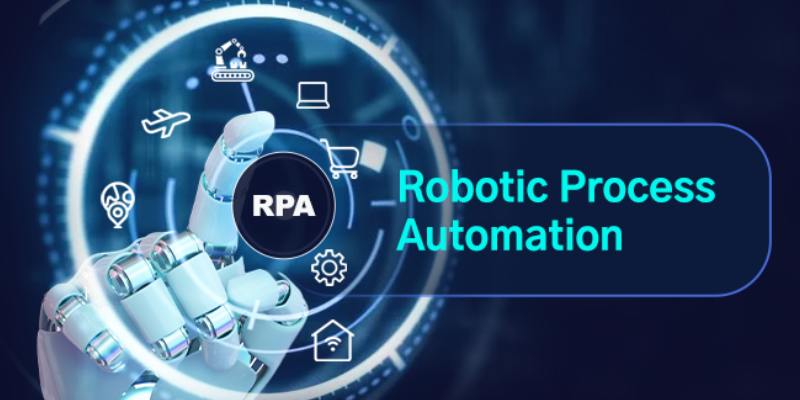Advertisement
Snowflake has just rolled out a new service to change how huge companies handle AI and machine learning. Designed with security and scalability at its core, this Snowflake service gives businesses a safe, smooth way to build smart applications directly using their data. Now, companies can run AI tasks inside the Snowflake platform, which means they get real-time insights, easy setup, and enterprise-level security. The AI security service from Snowflake keeps sensitive data protected, so teams can focus more on creating cool stuff without stressing over infrastructure worries.

Snowflake's latest offering sets itself apart by combining trusted data handling with modern AI and ML capabilities. Snowflake is known for its robust data cloud and now extends those same protections to AI development.
Unlike traditional AI platforms that require developers to juggle multiple environments, this new ML deployment in Snowflake service runs models directly in the Snowflake platform. That means fewer integration headaches, reduced latency, and stronger data privacy. Snowflake uses container services and offers on-demand computing resources, including GPUs and CPUs, to meet various project needs without compromising security.
Snowflake's AI security service also includes built-in access controls and audit monitoring, which help businesses comply with data privacy regulations. Enterprises can now experiment and innovate in AI without worrying about the risks of data leakage or unauthorized access.
Now, Snowflake is available on AWS and just in public preview on Microsoft Azure. It shows they're serious about working across multiple clouds. Snowflake plans to add more cloud platforms soon, so you'll quickly be able to connect and work smoothly wherever you are. This is great news for companies running hybrid or multi-cloud setups. Supporting different cloud providers means businesses can deploy and grow AI models wherever it works best for them. Taping into high-powered computing resources without changing platforms is a huge plus for data teams. As AI models get more sophisticated, having this kind of flexibility in your infrastructure helps companies stay competitive and keep their AI security standards high with Snowflake's services.
For many organizations, security is often the biggest obstacle to adopting AI. Snowflake tackles this head-on. Its AI security service isn't just a set of basic features—it integrates security into every part of the process. From logging in users to encrypting data, the platform offers strong, improving protections. Sensitive models and training data stay safely within Snowflake's secure environment, reducing the chances of exposure. This happens within the company's AI Data Cloud, with enterprise-level governance, data tracking, and tight permission controls. This kind of security cuts down risks and helps build trust. Companies can confidently explore advanced AI stuff like generative AI, real-time recommendations, and personalized user experiences without worrying about data safety.
Snowflake's ML deployment service stands out because of its focus-world use cases. Instead of just offering AI tools in isolation, Snowflake has built a system you can use immediately in your business. Companies can run machine learning models directly on their Snowflake data, from predicting finances to understanding customer behavior. It's quicker, more secure, and works smoothly with other tools — no need to export data elsewhere. Since all the models live inside the Snowflake Data Cloud, it cuts down on risks and makes everything simpler to manage. With this Snowflake service, you're getting more than tools—a full, secure, scalable environment to innovate with AI without a hassle.
Another big advantage of this service is how well it works with the tools developers already love. Snowflake gets that teams use all kinds of programming languages, frameworks, and third-party platforms for machine learning. That's why they made this new feature support container-based setups, so developers can deploy using familiar tools and formats. This means your team can easily bring in popular tools like TensorFlow, PyTorch, or scikit-learn into the ML deployment in Snowflake. Plus, they can monitor performance with their go-to observability platforms, ensuring everything runs smoothly and models stay accurate. And the best part? All of this comes with the strong security protections of Snowflake's AI security service. So, teams can move quickly without sacrificing safety or compliance.

This marks the start of Snowflake's journey into AI and ML. The company plans to broaden access across all major cloud providers and improve support for even more sophisticated AI models. Looking ahead, we can expect deeper integration with tools like Microsoft 365 and OpenAI models through Snowflake Cortex AI. These enhancements enable users to interact with enterprise data using natural language, making insights more straightforward and accessible across different departments. The expansion of this Snowflake service emphasizes a clear move toward unified, secure, and practical AI applications customized for the enterprise. As the demand for personalized experiences and data-driven automation grows, Snowflake is positioning itself as a leader in providing secure, scalable AI solutions.
Snowflake's latest service makes it easier for businesses to dive into AI without the usual worries. It combines secure infrastructure, easy model deployment, and solid data governance, allowing companies to get started with AI while keeping their data safe at every step. This Snowflake service is about helping companies innovate quickly and confidently without sacrificing security or control.
Snowflake's AI security service makes it easy for organizations to build smart apps—from customer-facing tools to internal automation. It brings everything you need for deploying machine learning models into one platform, giving you control and peace of mind. As data privacy and intelligent systems become more intertwined, Snowflake isn't just keeping up with the AI world—it's actively helping shape it.
Advertisement

Discover the benefits and applications of AI in SSDs for enterprises, boosting storage efficiency and data management.

Learn how to create and interpret a boxplot in Python to uncover trends, spread, and outliers in your dataset. This guide covers structure, plotting tools, and tips for meaningful analysis

Discover how Otter.ai uses GenAI to enhance meetings with real-time insights, summaries, and seamless cross-platform access.

How to use the set add() method in Python to manage unique elements efficiently. Explore how this simple function fits into larger Python set operations for better data handling

Discover how insurance providers use AI for legal contract management to boost efficiency, accuracy, risk reduction, and more

Learn 7 different methods to convert a string to bytes in Python. Explore techniques like encode(), bytes(), and bytearray() to handle data conversion effectively in your Python projects

How to create and style a Matplotlib timeseries line plot in Python. This complete guide covers setup, formatting, handling gaps, and custom timeseries visualization techniques

Nvidia launched arm-based Windows PC CPUs, directly competing with Intel in performance and energy efficiency.

Discover 10 examples of AI in the Olympics. Judging scores, injuries, and giving personalized training in the Olympics.

Learn key features, benefits, and real-world uses of Robotic Process Automation (RPA) to boost efficiency and cut costs.

Discover Microsoft’s Responsible AI suite: fairness checks, explainability dashboards, harmful content filters, and others

Explore the key benefits and potential risks of Google Bard Extensions, the AI-powered chatbot features by Google